Konstantin Kovalyov
Director and Founder of the Foundation
The European organization of oncology (ECO) supported the initiative of the Ukrainian foundation "World against cancer" and applied to who with a proposal to study the impact of war and "wartime carcinogens" on cancer in Ukraine
The European Cancer Organization (ECO) supported the initiative of the Ukrainian World Against Cancer Foundation regarding the need to study the impact of military factors on the risk of cancer in Ukraine and recommended that the World Health Organization (WHO) consider the possibility of creating a "Best Buys" program (best solutions) or a similar initiative to assist countries in managing noncommunicable diseases (NCDs) in wartime scenarios.
Being part of the large international networks of the fight against cancer, which includes more than 300 governmental and non-governmental public organizations, whose goal is prevention, screening, early diagnosis, treatment, and rehabilitation of cancer diseases, the Ukrainian Foundation "World Against Cancer" was invited to discuss the "Best Buys" program ” - which is a core policy document of "best solutions" and recommended interventions to combat NCDs based on a global action plan. This plan, approved in May 2017 at the 70th session of the World Health Assembly, in today's realities needs to be updated, for which a wide discussion was launched in the world medical community, the term of which ended on August 28, 2022.
Participating in the discussion, scientific leader and ambassador of the World Against Cancer Foundation Professor Oleksiy Kovalev noted that at a time when the whole world is concerned about the threat of an increase in the number of cancer cases due to the cessation of prevention and screening programs during the Covid pandemic, the effects of the war on the incidence of cancer in Ukraine is still unknown.
Director of the "World Against Cancer" Foundation, Kostiantyn Kovalev, noted that despite the ongoing military conflicts, the problem of "War and Cancer" is practically not studied by the global oncology community. However, the impact of "wartime carcinogens" on human health requires serious scientific research. Otherwise, in the coming years, not only Ukraine but also other countries can expect an epidemic of the lung, stomach, liver, cervical, and other tumors.
The European Organization on Cancer (ESO) emphasized that "carcinogens of wartime", including oncogenic viruses and bacteria - HPV, EBV, hepatitis B, and C viruses, and Helicobacter pylori, the risks of infection which increase during the mass migration of people - are becoming more a serious problem for management and response in conditions of war and environmental disasters.
Ricardo Moschetti, ESO policy officer, noted "...very valuable contribution and experience shared by our colleagues from the Ukrainian World Against Cancer Foundation."
He stated that the European Organization of Cancer (ESO) is recommending that WHO consider creating a "Best Buys" program or similar initiative to help countries manage NCDs (non-communicable diseases) in military scenarios. Such a guidance document could include recommendations on issues such as the deployment of self-sampling screening models and the use of refugee centers as oncology service points, as was done by doctors, staff, and volunteers of the World Against Cancer Foundation in Zaporizhzhia.
"We also recommend, continued Ricardo Moschetti, cooperation between the WHO and the EU in studying the impact of the current war on cancer incidence in Ukraine."
Regardless of the WHO's future decision regarding the proposed initiative, the European Anti-Cancer Organization (ECO) and the World Against Cancer Foundation have a firm intention to implement the scientific program "Study of the impact of war on cancer incidence in Ukraine", to develop and apply in practice effective methods of prevention, screening, early detection, treatment and rehabilitation of cancer patients in our country during the war and in the immediate post-war years.
It is planned to involve scientific-academic and practical oncological institutions in this program, which will participate
The European Cancer Organization (ECO) supported the initiative of the Ukrainian World Against Cancer Foundation regarding the need to study the impact of military factors on the risk of cancer in Ukraine and recommended that the World Health Organization (WHO) consider the possibility of creating a "Best Buys" program (best solutions) or a similar initiative to assist countries in managing noncommunicable diseases (NCDs) in wartime scenarios.
Being part of the large international networks of the fight against cancer, which includes more than 300 governmental and non-governmental public organizations, whose goal is prevention, screening, early diagnosis, treatment, and rehabilitation of cancer diseases, the Ukrainian Foundation "World Against Cancer" was invited to discuss the "Best Buys" program ” - which is a core policy document of "best solutions" and recommended interventions to combat NCDs based on a global action plan. This plan, approved in May 2017 at the 70th session of the World Health Assembly, in today's realities needs to be updated, for which a wide discussion was launched in the world medical community, the term of which ended on August 28, 2022.
Participating in the discussion, scientific leader and ambassador of the World Against Cancer Foundation Professor Oleksiy Kovalev noted that at a time when the whole world is concerned about the threat of an increase in the number of cancer cases due to the cessation of prevention and screening programs during the Covid pandemic, the effects of the war on the incidence of cancer in Ukraine is still unknown.
Director of the "World Against Cancer" Foundation, Kostiantyn Kovalev, noted that despite the ongoing military conflicts, the problem of "War and Cancer" is practically not studied by the global oncology community. However, the impact of "wartime carcinogens" on human health requires serious scientific research. Otherwise, in the coming years, not only Ukraine but also other countries can expect an epidemic of the lung, stomach, liver, cervical, and other tumors.
The European Organization on Cancer (ESO) emphasized that "carcinogens of wartime", including oncogenic viruses and bacteria - HPV, EBV, hepatitis B, and C viruses, and Helicobacter pylori, the risks of infection which increase during the mass migration of people - are becoming more a serious problem for management and response in conditions of war and environmental disasters.
Ricardo Moschetti, ESO policy officer, noted "...very valuable contribution and experience shared by our colleagues from the Ukrainian World Against Cancer Foundation."
He stated that the European Organization of Cancer (ESO) is recommending that WHO consider creating a "Best Buys" program or similar initiative to help countries manage NCDs (non-communicable diseases) in military scenarios. Such a guidance document could include recommendations on issues such as the deployment of self-sampling screening models and the use of refugee centers as oncology service points, as was done by doctors, staff, and volunteers of the World Against Cancer Foundation in Zaporizhzhia.
"We also recommend, continued Ricardo Moschetti, cooperation between the WHO and the EU in studying the impact of the current war on cancer incidence in Ukraine."
Regardless of the WHO's future decision regarding the proposed initiative, the European Anti-Cancer Organization (ECO) and the World Against Cancer Foundation have a firm intention to implement the scientific program "Study of the impact of war on cancer incidence in Ukraine", to develop and apply in practice effective methods of prevention, screening, early detection, treatment and rehabilitation of cancer patients in our country during the war and in the immediate post-war years.
It is planned to involve scientific-academic and practical oncological institutions in this program, which will participate
Partners
The Union for International Cancer Control's (UICC)
31-33 Avenue Giuseppe Motta1202 Geneva, Switzerland
T: +41 22 809 1811
https://www.uicc.org

European Cancer Organisation
Rue d'Egmont 13 B-1000 Brussels
Belgium
+32 2 775 02 00
https://www.europeancancer.org
National Association of Oncologists of Ukraine
NAUO - Національна Асоціація Онкологів України
http://www.nauo.org
NAUO - Національна Асоціація Онкологів України
http://www.nauo.org
Українська Асоціація кольпоскопії та цервікальної патології
Ukrainian Association of Colposcopy and Cervical Pathology
+380675083175
info@uaccp.com.ua
http://uaccp.com.ua
Ukrainian Association of Colposcopy and Cervical Pathology
+380675083175
info@uaccp.com.ua
http://uaccp.com.ua

